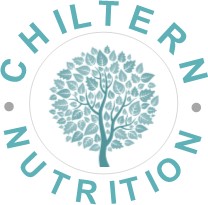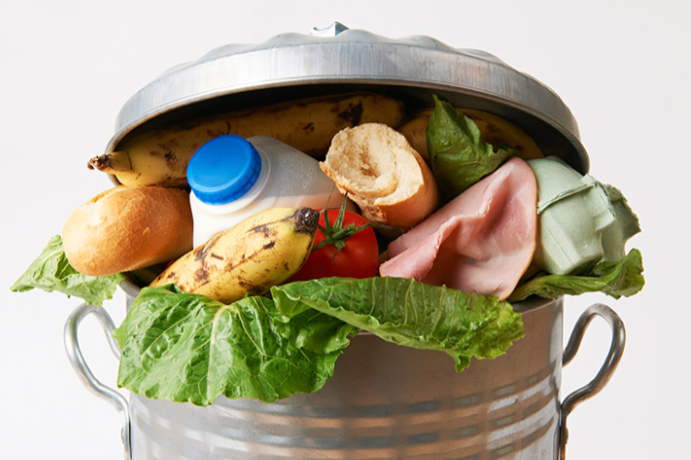How to reduce food waste
How to reduce food waste
Did you know that in the UK we throw away 25 million slices of bread every single day? 1.4 million edible bananas? 13 million grapes? Overall 6.7 million tonnes of food a year goes in the bin. Although it feels like the supply chains are catching up and there is now food on the shelves, food waste is still a very important issue at the moment.
Why does it matter?
Food waste is an expensive business. With many of us watching the pennies in these uncertain times, it makes sense to spend our money wisely and eat everything we buy. 30% of the food we buy each year is thrown away – that accounts for a significant proportion of our food budgets.
There’s also the environmental impact of food waste to consider. Food production accounts for a huge impact on the environment, with some estimates suggesting that stopping food waste would save 15 million tonnes of carbon dioxide each year – the equivalent of taking a quarter of cars off the road. Reducing food waste is vital to meeting our international climate commitments.
Finally, the current situation is impacting on food waste. Thousands of litres of milk have been wasted with the closure of coffee shops and fish stocks may have to be culled as restaurants close. We’re also all trying to minimise our trips to the supermarket so making the most of what we have at home makes good sense.
Simple steps to reduce food waste
- Plan your meals, you’re likely to buy less, it saves money too! This is also helpful for making sure you’re using up leftover ingredients and means you’re less likely to default to a takeaway. It also means you can be in and out of the supermarket more quickly or make the most of your online delivery slot
- Buy only what you need – if your recipe needs 2 onions, don’t buy a whole bag. Bulk buying can be cost effective, but if you don’t anticipate using everything before the use by date, it’s a false economy.
- Make good use your freezer – freeze things you’re not eating straight away so they don’t go off in the fridge. Trying chopping fresh veg and freeze it (e.g. onions) – that will also be useful if you need to make a meal when you’re short of time. You can also freeze things like cheese, milk and bread – just take out a slice when you need it.
- Eat leftovers – if you make too much, have it for lunch the next day or pop in the freezer for a quick and easy ready meal
- Make soup – my favourite way to use up veg which won’t get eaten – freeze it in portions once made and you have a few days of lunches on hand
- Pop fruit that is looking a bit sad in a smoothie. Bananas freeze well (peel first) and then add to a smoothie to make it extra creamy or defrost and use in a banana loaf.
Liz Driver, Chiltern Nutrition
Tel: 07853 664381
Our privacy policy
Copyright Chiltern Nutrition 2018. Designed by Cleverfrog Website Design


